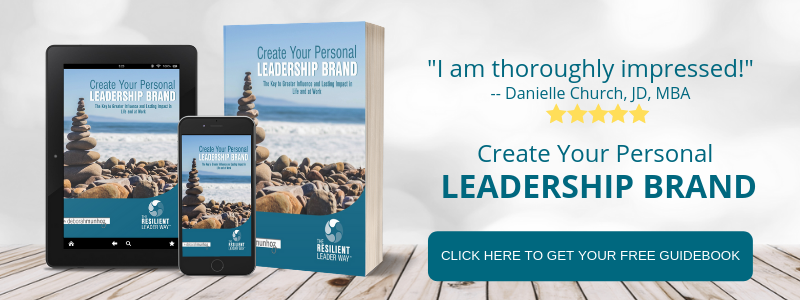A growing number of women physicians are pursuing their next career move to a leadership role. Although traditional career strategies can work well for men seeking new opportunities, those strategies often do not fit the situations and needs facing professional women today. For example, women may be looking at how to get back on track with their career if it had been interrupted with family leave.
If you can’t use traditional approaches, it’s harder to know whether your career path is on track. How do you make good career decisions when there is no roadmap for success?
Create Your Own Career Roadmap
Your career success and satisfaction depend on unlocking your own decision-making ability. Traditional supports to obtain leadership roles, champions, mentors, and support networks, are not widely available to women. Even if available, the well-intentioned advice often is influenced by a male perspective, so the advice may not quite fit your circumstances or goals.
Therefore, you need to create your own roadmap to choosing your next career move, based on what is most important to you.
The 3 Keys to Guide Your Next Career Move
The following are key questions to use when deciding whether a career option is the “right” choice for you. Notice that each of the three key questions has two parts, with potentially contradictory qualities. The reason I organized the keys this way was to demonstrate the tension, the dynamic quality, between each element.
- What are your natural strengths, and what is your next growth edge?
- To what are you committed, and what enriches your life?
- To what are you willing to say “yes,“ and to what are you willing to say “no”?
Key One: Your Natural Strengths Versus Your Next Career Growth Edge
Women are particularly susceptible to the myth that you can’t be yourself and be an effective leader. In fact, you will be more productive and get better results when, each day, you have frequent opportunities to use your natural strengths.
However, as an example of potentially contradictory issues you face in Key One, you may want to make a career decision that allows you to use your strengths. But if you only use your strengths, which make the work easier, you will not grow. By over relying on what comes naturally, you will be bored, and you won’t be preparing for the next interesting opportunity or stretch role.
Perhaps you have the strength of communicating well and influencing those who report to you. Your growth edge might be to find an opportunity to influence upwards, such with your boss or administration.
Key 2: What You Are Committed to in Your Career Versus What Enriches Your Quality of Life.
The definition of committed is being dedicated or loyal to something: people, causes, projects, even ways of being. Each of us is uniquely qualified or interested in some population group, challenge, or opportunity. Be active in what you are committed to, and you will find yourself propelled forward by your passion.
Taken too far, however, commitment can lead to self-sacrifice. Don’t step into the trap of thinking that it is selfish to focus on yourself. Resilience and quality of life are the results of choices and behaviors that align with your values. You may value spending time with family, travel, healthy eating, or donating time to a cause you care about.
An example of a Key Two dilemma would be reconciling wanting more responsibility in a project you’re committed to and also wanting to have the time to coach sports for your children.
Key Three: What You Are Willing to Say “Yes” to Versus Saying “No” to.
When we say yes to something, we say no to something else. Saying yes to taking a promotion, for example, may mean saying no to staying in your hometown. It is essential that you make conscious choices about how to use your time to decide so that you do not cede those choices to other people.
When we say no to something, we are creating space to say yes to something else that is more important. You ultimately may be seeking an opportunity that aligns more fully with your longer term career goals and values.
Dr. Chang was making a Key Three decision considering an opportunity to move into a new role as Clinic Director. Saying yes to becoming the Director would give her more influence to solve some long-term challenges in her department. The downside was that she would miss having as much time working with Residents.
The Director role would use her strength of problem-solving. However, the higher role would involve new levels of organization and productivity that both scared and excited her. She said yes to being excited and no to being stopped by her fear to make this next career move.
One thing is certain – the next step on your career roadmap is just outside of your comfort zone. These three keys will help you explore beyond your comfort zone so that you can move forward on your path.
Questions about your career path? Feel free to ask Deborah.


